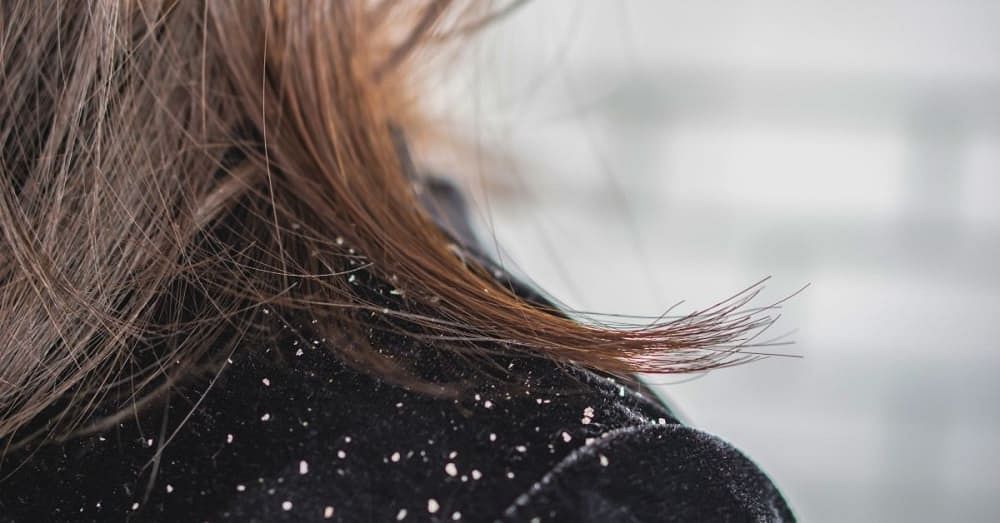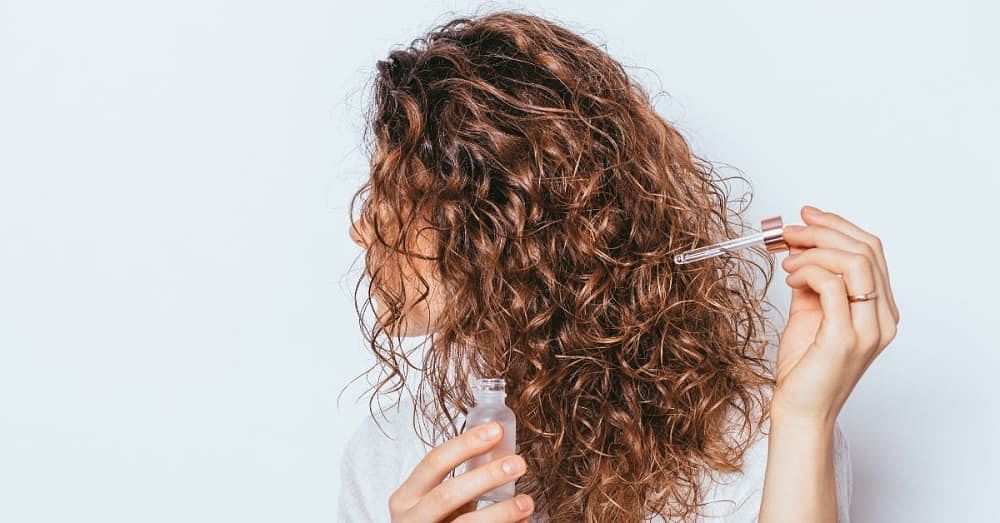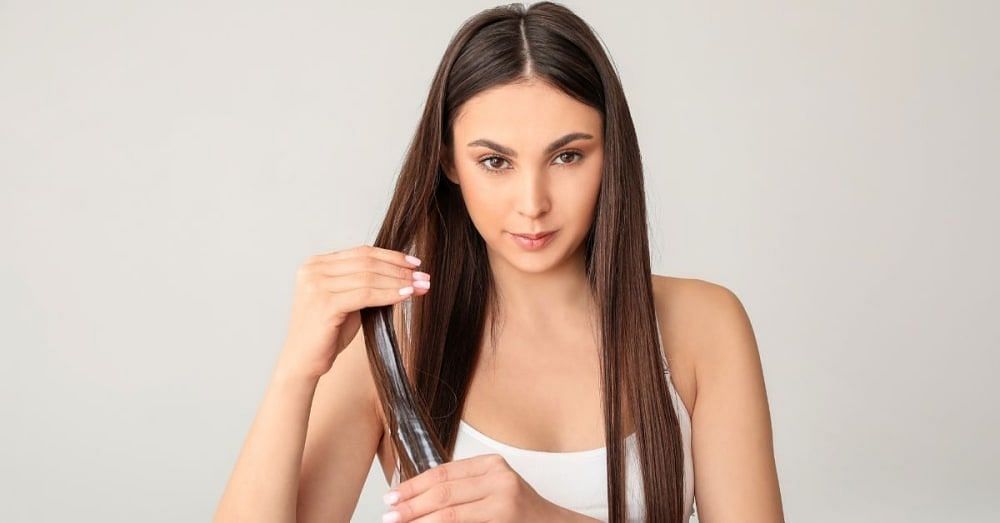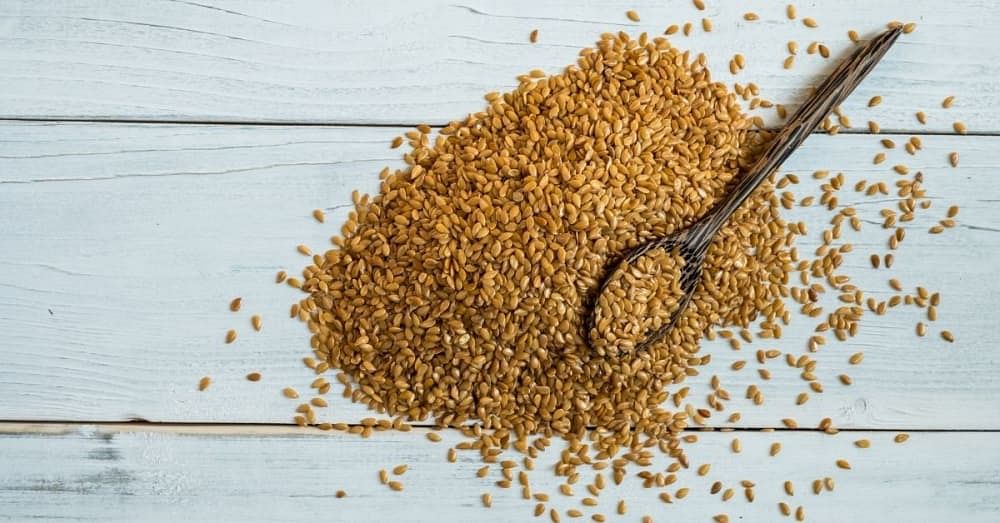Dandruff is a common scalp disorder among children and adults in which the dead scalp skin cells flake off and often fall on your shoulder and clothing, making you look dirty and unaesthetic. According to research studies, dandruff affects almost half of the children in their pre-pubertal stage (before puberty) irrespective of gender and demography.
Almost every population in the world must have been affected by dandruff at some stage in their life. However, the severity of dandruff may vary with the season as it worsens during winter. Dandruff flakes may look alike but are of different types depending on the nature of your scalp and the factors responsible for the flaking of scalp skin.
This article will learn about the different types of dandruff and their causes, diseases related to dandruff, home and medical treatments for dandruff, and practical tips to prevent dandruff.
Types of Dandruff
The scalp of each individual is unique. Your scalp type can be:
- Normal
- Dry
- Extremely dry
- Oily
Depending on the scalp type, your scalp may be affected by several factors such as:
- Fungal infection of the scalp
- Bacterial infection of the scalp
- Scalp diseases
- Exposure from sun
- Overuse of chemical-based shampoo
- Environmental pollution and dirt
Taking into consideration the different scalp skin types and the factors affecting the scalp skin, dandruff may be categorised into the following types:
- Dry scalp skin dandruff
- Oily scalp skin dandruff
- Dandruff due to fungal infection of the scalp
- Dandruff related to scalp skin diseases
1. Dry Scalp Skin Dandruff
Appearance: Dry scalp skin dandruff flakes appear small and white. It is the most common type of dandruff.
Cause:
- Winter months make your scalp skin dry and flaky due to cold.
- Washing hair with warm water also leads to dry scalp skin dandruff.
Symptoms:
- Scalp skin becomes too dry and may manifest as irritation and itching.
- Itching is mild to moderate. It never becomes severe.
2. Oily Scalp Skin Dandruff
Appearance: Oily scalp skin dandruff flakes appear larger compared to dry scalp skin dandruff. The colour of these dandruff flakes is yellow and appears oily.
Cause: Oversecretion of sebum (oily secretion that keeps the scalp skin moist naturally) from the sebaceous glands (oil glands located just below the scalp skin surface).
Symptoms: Too much oil clogs the pores in the hair and irritates the scalp skin resulting in itchiness.
3. Dandruff due to fungal infection of the scalp
Appearance: Appears larger, greasy, and darker.
Cause: Malassezia, a fungus, is often responsible for this type of dandruff.
Symptoms: Excessive itching, inflammation, and eczema.
4. Disease-related Dandruff
Several scalp skin diseases may cause the scalp skin to flake off, resulting in dandruff.
Diseases that may affect your scalp skin to cause dandruff are:
- Seborrheic dermatitis: It is a severe form of oily scalp skin dandruff. Most commonly affects infants and children in their pre-puberty stage. Symptoms include inflammation, itching, and redness of the skin around hair follicles.
- Atopic dermatitis: Also known as eczema, it is an inflammatory condition that results in larger dandruff flakes. Symptoms include inflammation, itching, and red rashes on scalp skin.
- Psoriasis: It is an autoimmune condition that results in the rapid growth of skin cells leading to very small or powder-like dandruff flakes. These dandruff flakes appear silver in colour. Symptoms include red, scaly patches of the skin followed by inflammation and itchiness. The number of dandruff flakes in psoriasis is more than any other type of dandruff.
Home Treatments for Dandruff
The good news is that dandruff can be treated at home with natural products lying in your kitchen. However, each type of dandruff may require specific treatment such as:
1. Coconut Oil for Dry Scalp Skin Type Dandruff
Coconut oil is rich in essential proteins that nourish the hair follicles and moisturise the scalp skin to remove dryness and prevent dandruff.
2. Tea Tree Oil for Fungal Infection-related Dandruff
According to research published in the International Journal of Dermatology, tea tree oil is rich in anti-inflammatory and antimicrobial activity components. The antimicrobial activity of tea tree oil is effective against bacterial, fungal, and viral infections.
Apply tea tree oil on the scalp and leave it overnight for maximum benefit. Wash it the other day with any regular or herbal shampoo.
3. Lemongrass Oil for Dandruff Resulting From Fungal Infection
Lemongrass oil is studied to have an inhibitory effect on Malassezia, a fungus responsible for dandruff. You can apply lemongrass oil shampoo or hair tonic to get relief from dandruff resulting from fungal infection.
A study concluded that hair tonic with a 10 percent concentration of lemongrass oil is best for treating dandruff resulting from any fungal infection.
4. Apple Cider Vinegar for Fungal Infection-related Dandruff
Apple cider vinegar is studied to have antifungal properties. Hence, it may prove to be beneficial against dandruff resulting from fungal infection.
5. Baking Soda as an Anti-dandruff
Baking soda acts as an anti-dandruff. It has an exfoliation property that helps remove the excess dead skin flakes from the scalp. Antifungal properties of baking soda may stop or reduce the growth of Malassezia, a fungus responsible for causing dandruff.
Make sure to use baking soda in small quantities. It is suggested that you do a patch test before applying baking soda to your scalp.
6. Eucalyptus Oil for Dandruff Resulting From Seborrheic Dermatitis
Eucalyptus oil is studied to have an anti-inflammatory property. Mix eucalyptus oil with coconut oil and massage your scalp with it.
It may help reduce the itchiness and redness from dandruff. According to a study, eucalyptus oil contains components that may fight against bacterial and fungal infection and benefit against dandruff symptoms.
7. Aloe Vera as an Anti-dandruff
Aloe Vera is rich in vitamins such as vitamin A, vitamin B, and vitamin C. Hence, it may be applied to get a nourished and healthy scalp. According to a study, aloe vera is beneficial in treating dandruff due to its ability to moisturise the dry scalp skin.
Medical Treatments for Dandruff
There are plenty of medicated shampoo options for dandruff prevention and treatment. A moisturising shampoo may help for dry scalp skin type dandruff. Shampoo containing salicylic acid may help with oily scalp skin type dandruff.
Hence, there are different types of medicated shampoo suitable for different types of dandruff. Some of the medicated shampoos are:
- Pyrithione Zinc Shampoo: It is effective for all hair types. It has antibacterial and antifungal properties that benefit against dandruff.
- Coal Tar Shampoo: It effectively reduces the number of dead skin cells on the scalp. Therefore, it is beneficial against dandruff. Not suitable for light-coloured hair types.
- Shampoo containing salicylic acid: Beneficial against oily scalp skin type dandruff. It can be applied daily or two to three times per week.
- Shampoo containing selenium sulphide: Selenium sulphide is known to have antifungal properties. Take precautions to wash the hair thoroughly after using selenium sulphide containing shampoos.
- Ketoconazole shampoo: Ketoconazole is a prescription-based medicine known to have an action against the fungus. It is effective against dandruff resulting from a fungal infection.
It is recommended to perform a patch test before applying any of the above-mentioned shampoos on your scalp. This will ensure that you do not suffer from any allergic reactions.
When to See a Doctor
Mild to moderate dandruff may not require you to visit a doctor. However, severe dandruff with intolerable itchiness and redness may need you to consult a dermatologist. In situations where home remedies and treatment do not benefit against dandruff, you may need a prescription-based hair and scalp tonic and shampoo.
You may need to visit a doctor or a dermatologist when the following symptoms appear:
- Redness and irritation that does not reduce or go away
- Continuous flaking of scalp skin
- Severe itchiness of scalp
- Home treatments and over-the-counter (OTC) medicated shampoos produce no or little effect
- Excessive hair fall
- Scalp skin infections like psoriasis or eczema are present
- Pus from the scalp skin
- Foul smell from scalp and hair
Tips To Prevent Dandruff
Dandruff is an irritating problem that makes you look unhygienic and unaesthetic. The good news is that you can prevent dandruff and that too by using simple home-based products and some over-the-counter shampoos. So let's dive in to know all the tips to prevent different types of dandruff.
- Include foods and drinks rich in vitamin B, vitamin C, fats, iron, and zinc. Iron ensures proper formation and blood flow to the scalp to make it immune against any infection. Research studies have reported that vitamin B and zinc deficiency plays a significant role in dandruff development. Hence, including vitamin B and zinc may prevent you from dandruff and its irritating symptoms.
- Use 100 percent natural hair oils to massage scalp and hair. Hair oils with added chemicals and fragrances may irritate the scalp and increase the flakiness of the scalp skin.
- Dirty hair combs may contribute to scalp infections, causing dandruff. Hence, use clean and sanitised hair combs.
- Avoid excessive use of chemical hair treatments as they may irritate the scalp skin and cause the skin to flake more, resulting in dandruff.
- Apply a mixture of aloe vera and a few drops of 100 percent coconut oil on the scalp. It helps in moisturising the scalp and preventing dryness.
- Avoid daily use of the blower to dry hair. It may make the scalp dry, irritate the skin to flake more and cause dandruff.
- Avoid shampoo that contains sulphate as one of the ingredients. Sulphate may take away all the moisture from your scalp skin, leaving it dry and flaky.
- Use olive oil for massaging your scalp. It not only moisturises your scalp but also protects it from dandruff. Make sure you have a dry scalp type for using olive oil.
- Avoid using oil if you have an oily scalp skin type. Oil may promote the growth of fungus on your scalp skin resulting in dandruff.
- Use fenugreek seeds to prevent dandruff. Fenugreek seeds are loaded with proteins and nicotinic acid that prevent hair fall and dandruff. Grind fenugreek seeds into a paste form. Apply the paste on your scalp and hair for dandruff prevention.
- Use over-the-counter medicated shampoo that contains any of the following ingredients:
- Ketoconazole
- Salicylic Acid
- Selenium Sulphide
- Pyrithione Zinc
- Coal Tar
- Exercise daily to ensure proper blood supply to the scalp. An adequate amount of blood flow to the scalp helps fight all types of infections and prevent dandruff and other hair conditions.
- Practice yoga to manage your stress. Stress weakens the body's immune system and contributes significantly to infections such as scalp psoriasis and seborrheic dermatitis resulting in dandruff.
- Omega-3 fatty acids and probiotics help regulate the oil secretion from skin glands. Include them in your diet as supplements to prevent oily skin type dandruff.
- Avoid hot water to wash your hair. It makes the scalp dry and contributes to skin flakiness resulting in dandruff.
Summing Up
All dandruff flakes may appear similar to your eye, but they are not. To determine the type of dandruff, you are suffering from, pay close attention to the appearance of your dandruff flakes and their symptoms. Once confirmed, you can successfully initiate the treatment and prevention of dandruff.
Dandruff is irritating but treatable. Follow home-based natural treatments and over-the-counter medicated shampoos to get relief from dandruff and its symptoms.
FAQs
Can Washing Your Hair Everyday Cause Dandruff?
Washing your hair every day with shampoo may cause dandruff if your scalp type is dry. People with oily scalp may not get affected with the daily use of shampoo. However, you may wash your hair every day with plain water. Avoid hot water to wash your hair as it may lead to a dry scalp resulting in dandruff. The use of shampoo must be in moderation. You can use a baby shampoo or herbal shampoo twice or thrice a week.
Does Dandruff Spread From One Person to Another?
Dandruff does not usually spread from one person to another. However, if the dandruff is due to a fungal infection, then it may spread to another person sharing towels to dry hair. Hence, do not share towels or clothes with the person suffering from infection-related dandruff. Otherwise, dandruff may spread from one person to another.
References
- Seyyed Abbas Hashemi, Seyyed Abdollah Madani, May 2015; The Review on Properties of Aloe Vera in Healing of Cutaneous Wounds - https://www.ncbi.nlm.nih.gov/pmc/articles/PMC4452276/
- Mariko Hotta, Rieko Nakata, Michiko Katsukawa, January 2010; Carvacrol, a component of thyme oil, activates PPARα and γ and suppresses COX-2 expression - https://www.ncbi.nlm.nih.gov/pmc/articles/PMC2789773/
- Ana Carolina Loureiro Gama Mota , Ricardo Dias de Castro, Julyana de Araújo Oliveira, June 2015; Antifungal Activity of Apple Cider Vinegar on Candida Species Involved in Denture Stomatitis - https://pubmed.ncbi.nlm.nih.gov/25219289/
- Nooshin Bagherani,Afshin Kazerouni, September 2012; A review of applications of tea tree oil in dermatology - https://onlinelibrary.wiley.com/doi/abs/10.1111/j.1365-4632.2012.05654.x
- S Ranganathan and T Mukhopadhyay, June 2010; DANDRUFF: THE MOST COMMERCIALLY EXPLOITED SKIN DISEASE - https://www.ncbi.nlm.nih.gov/pmc/articles/PMC2887514/











